Ice Age Andesite Boulder
A hunk of prehistoric lava rests amid the Gothic architecture of a campus quad.
On a lawn in the University of Manchester’s Old Quadrangle, a great lump of lava stands proudly as an unusual decorative feature surrounded by the Quad’s grand ivy-covered Gothic architecture.
Balanced on a stone plinth in front of the Beyer Building, the andesite boulder weighs over 20 tons and measures up at eight feet by nine feet by five feet. It’s understood to have made its way to the area from Borrowdale in the Lake District during the last Ice Age, around 20,000 years ago.
Having journeyed over 80 miles, the well-traveled boulder remained at rest 28 feet below the surface for centuries. That is, until February 1888, when workers discovered the rock beneath the Oxford Road corridor while making excavations during the construction of new sewers.
The rock has been on public display in its current position since the excavations. There in the Old Quad, which is often the scene of graduation ceremony celebrations, it stands as a fitting presence—something that traveled far and arrived in Manchester tens of thousands of years before students flocked to the place from all over the globe.
Know Before You Go
The boulder is accessible to the public. To find it, enter the Old Quad by walking under the main arch of the Whitworth Building on Oxford Road (under the "University of Manchester" sign). It's the second arch to the left while facing the Manchester museum.
Turn to the right and you'll see the boulder in its place in front of the Beyer Laboratories Building.
There is level access up to the interpretive panel, the boulder itself is on a small grassed area in front of the building. There are disabled spaces on Dover Street, and unrestricted parking Saturday afternoons and Sundays

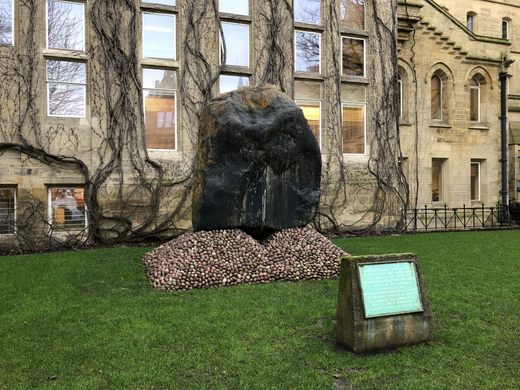
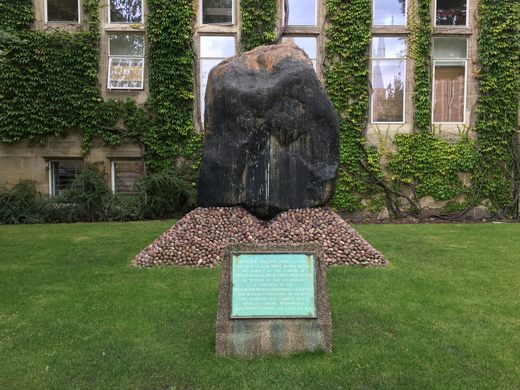
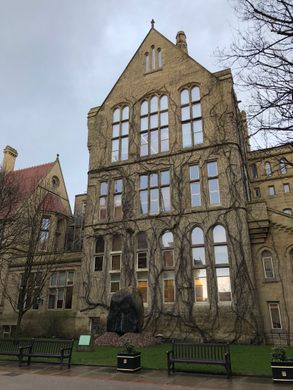
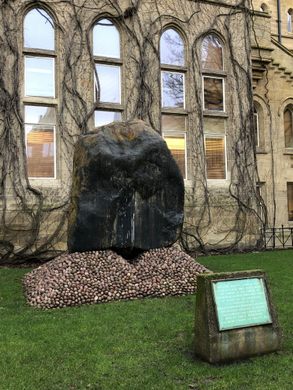

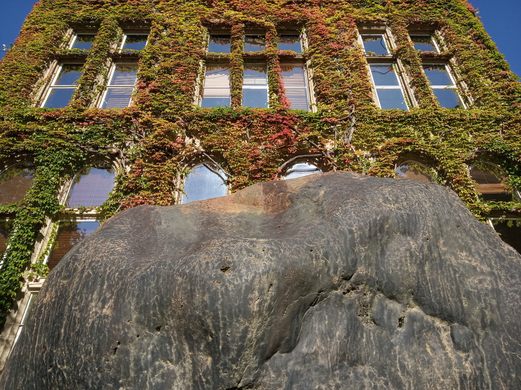
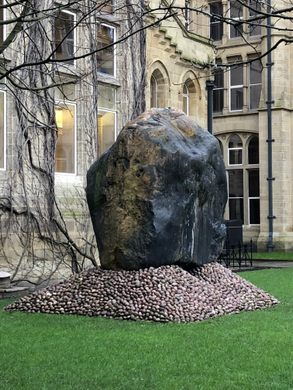
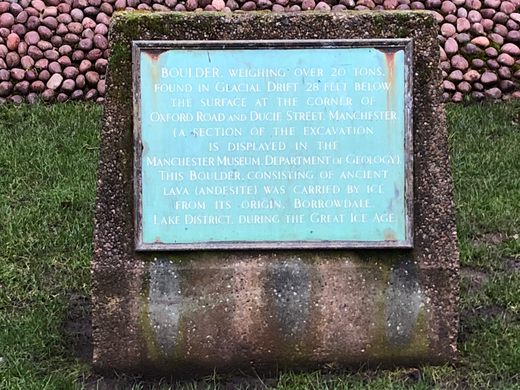









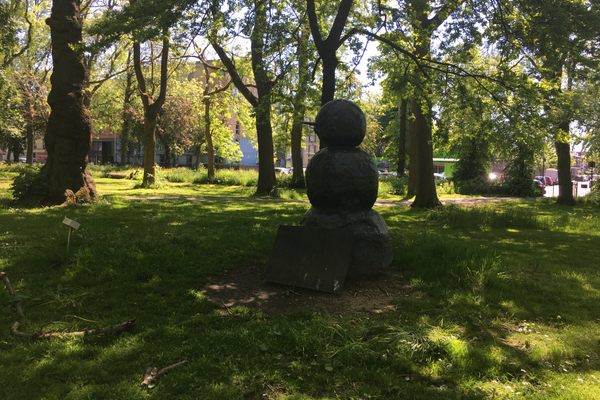

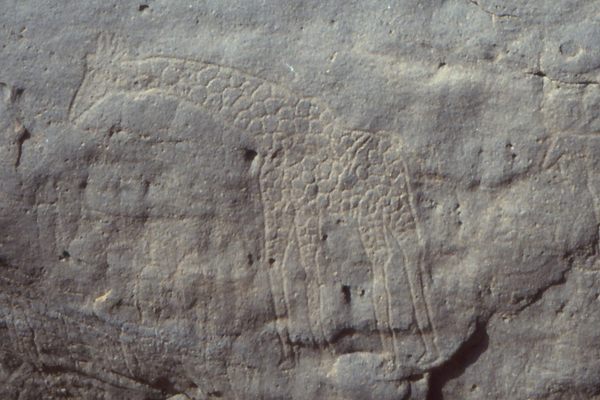



Follow us on Twitter to get the latest on the world's hidden wonders.
Like us on Facebook to get the latest on the world's hidden wonders.
Follow us on Twitter Like us on Facebook